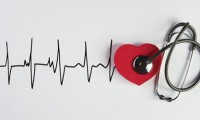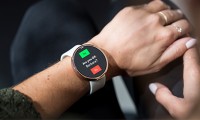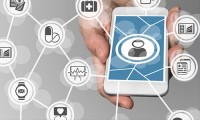-
Easy Interoperability for all mHealth Apps
- Source: mHealth Intelligence
- 497
- August 15, 2018
-
mHealth Wearable Effective in Detecting AFib, STSI Study Finds
- Source: MobiHealthNews
- 781
- July 13, 2018
-
FDA Gives OK for mHealth Wearable to Combat Opioid Addiction
- Source: mHealth Intelligence
- 759
- June 15, 2018
-
iBeat Raises Investment for its Continuous Monitor mHealth Wearable; Heart Watch
- Source: MobiHealthNews
- 974
- June 8, 2018
-
Pneumonia Detection mHealth Wearable
- Source: mHealth Intelligence
- 848
- June 5, 2018
-
Schizophrenia Treatment Simplified Using mHealth Tools
- Source: Ddu
- 622
- May 30, 2018
-
Power of mHealth technology elucidated by telepsychiatrist
- Source: Ddu
- 756
- May 18, 2018
-
Mayo Clinic’s new mHealth app to detect Epilepsy
- Source: drugdu
- 844
- May 9, 2018
-
mHealth Program Uses Smartphones to Monitor Medication Adherence
- Source: mHealth Intelligence
- 913
- April 28, 2018
-
mHealth app for clinical decision support improves diagnosis time, test ordering
- Source: Clinical Innovation
- 627
- April 27, 2018
your submission has already been received.
OK
Subscribe
Please enter a valid Email address!
Submit
The most relevant industry news & insight will be sent to you every two weeks.













